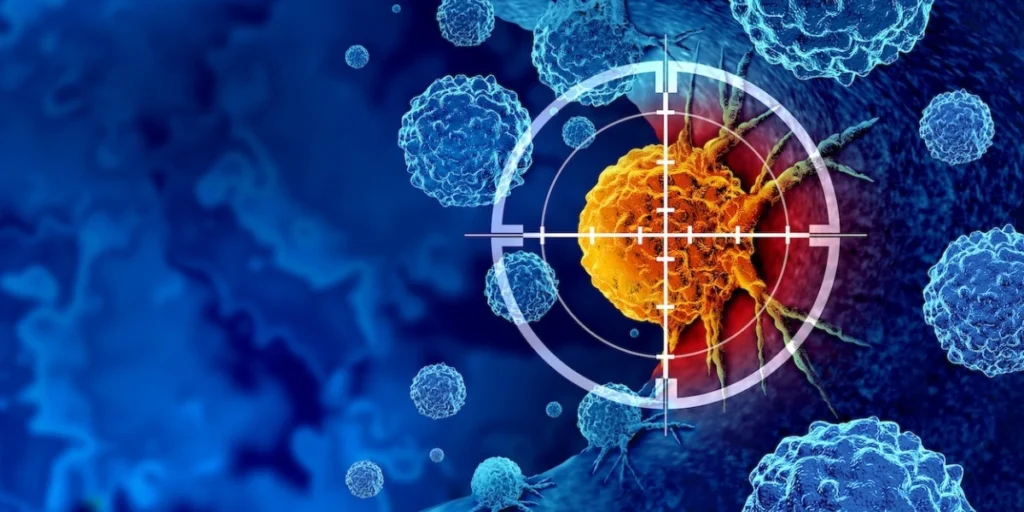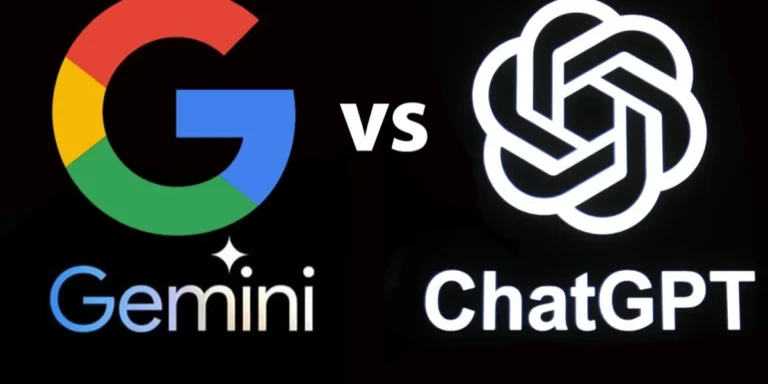In a remarkable development for AI in Cancer Hypothesis, Google’s advanced AI model, C2S-Scale 27B, successfully generates a novel hypothesis about cancer cell behaviour, later validated through experiments in human cells. It is developed in collaboration with Yale and is based on the Gemma framework. This achievement marks a significant milestone in the fusion of artificial intelligence with scientific research.
AI Cancer Hypothesis: Google AI Makes Cancer Breakthrough

The C2S-Scale 27B model is trained on over one billion single-cell profiles. It represents a powerful tool in decoding the “language” of biology and in the AI cancer hypothesis. By transforming raw molecular data into “cell sentences,” the AI interprets cellular communication and context, making it capable of reasoning about complex biological systems. This ability allows the AI to propose new ideas, rather than simply summarising existing knowledge, and potentially uncover novel therapeutic pathways.
One such breakthrough came when the model generated a hypothesis suggesting that the drug silmitasertib could increase antigen presentation in cancer cells by up to 50%. This process is critical in helping the immune system recognize and attack tumor cells. The AI’s prediction was later confirmed in human cell models, offering new hope for treating cold tumors, which are known for evading immune detection and resisting traditional therapies.
Also Read: Gohighlevel Pricing Plans : What’s Included and Is It Worth It?
Key Findings:
- AI in Cancer Hypothesis: Google’s AI model predicted a potential therapy using silmitasertib, aimed at boosting antigen presentation in cancer cells.
- Validation: The hypothesis was experimentally confirmed in human cell models.
- Focus on Cold Tumors: The findings are particularly promising for treating cold tumors, which are typically resistant to immune detection.
- Collaborative Access: Google has made the C2S-Scale model publicly available, encouraging global collaboration in biomedical research.
This breakthrough underscores the potential of AI cancer hypothesis to accelerate scientific discoveries and guide future research, particularly in areas like cancer therapy. Researchers stress that extensive testing is still required before AI-driven treatments can be used in clinical settings, but this marks a significant step forward in integrating AI into the realm of biomedical innovation.
More News To Read: AI Visibility Index: Top Brands Thriving in AI Search





